Our envy always lasts longer than the happiness of those we envy
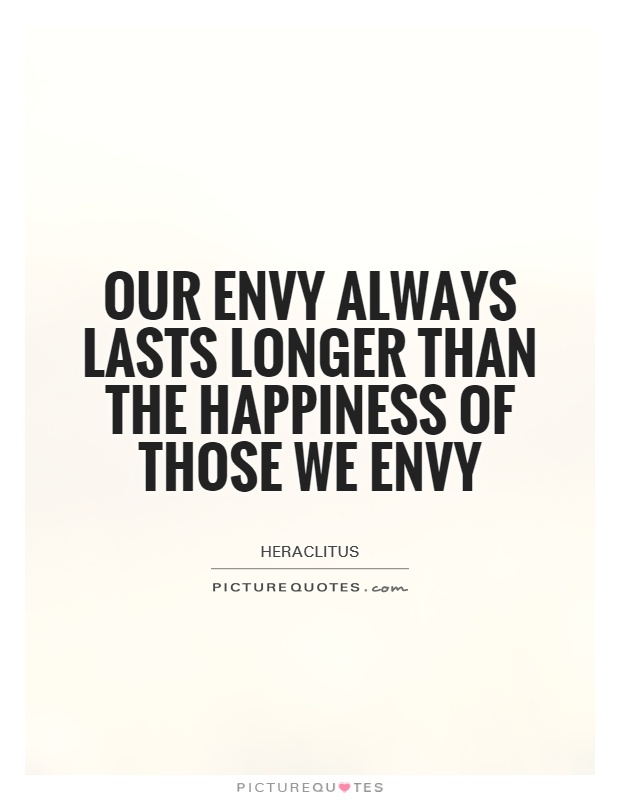
Our envy always lasts longer than the happiness of those we envy
Heraclitus, the ancient Greek philosopher known for his belief in the constant change and flux of the universe, would likely have a unique perspective on the idea that "our envy always lasts longer than the happiness of those we envy." In Heraclitus' philosophy, he emphasized the impermanence of all things and the idea that everything is in a state of constant motion and transformation. This concept can be applied to the notion of envy and happiness, suggesting that both are fleeting and transient emotions that are subject to change.Envy is a powerful emotion that can consume us and lead to feelings of resentment, bitterness, and discontent. When we envy others, we are focusing on what they have that we do not, whether it be material possessions, success, relationships, or other aspects of their lives. This envy can be all-consuming, leading us to constantly compare ourselves to others and feel inadequate or lacking in some way.
However, according to Heraclitus' philosophy, this envy is ultimately futile and self-destructive. The happiness of those we envy is also impermanent and subject to change, just like everything else in the universe. While we may perceive others as being happier or more successful than us in the moment, this happiness is not guaranteed to last. Just as Heraclitus believed that everything is in a state of constant flux, so too is the happiness of others.
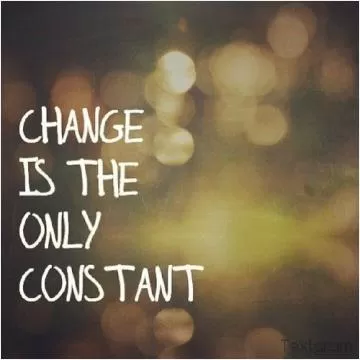
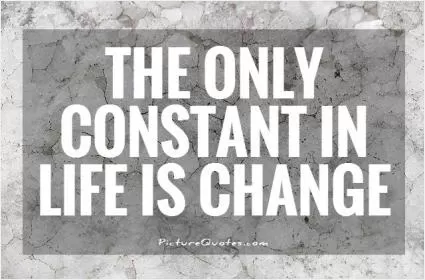
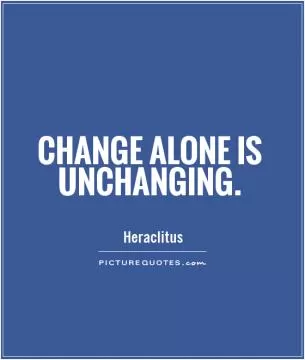
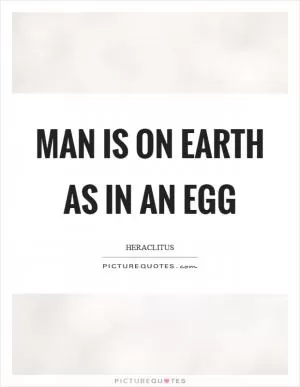


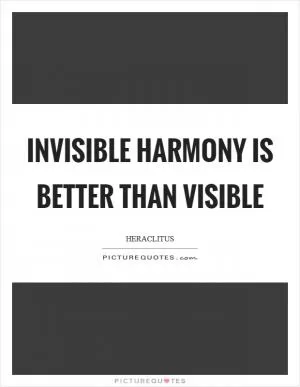
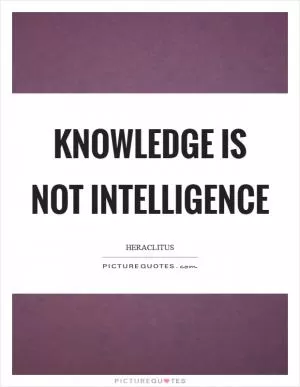


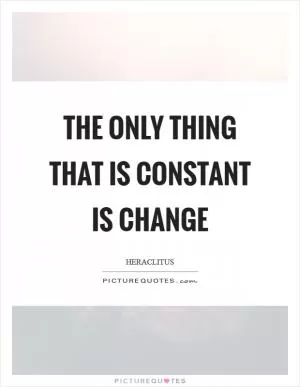

 Friendship Quotes
Friendship Quotes Love Quotes
Love Quotes Life Quotes
Life Quotes Funny Quotes
Funny Quotes Motivational Quotes
Motivational Quotes Inspirational Quotes
Inspirational Quotes